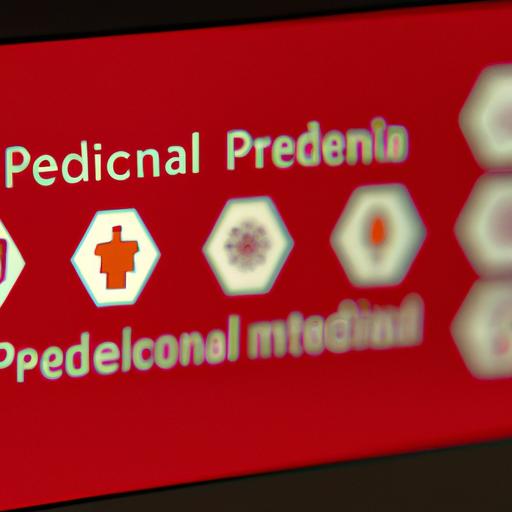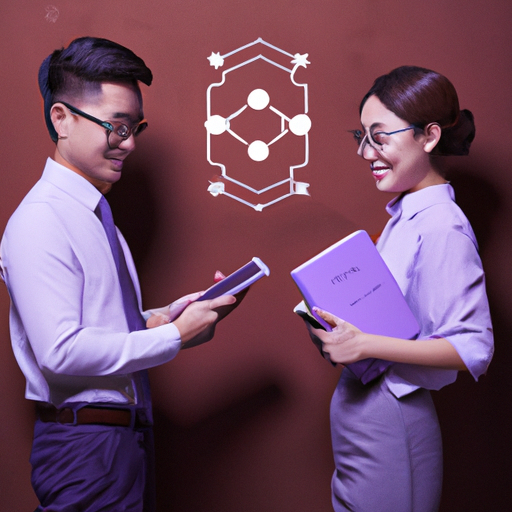In today’s rapidly evolving educational landscape, personalized learning technologies are transforming the way students engage with their coursework. These innovative tools cater to the unique needs, preferences, and learning styles of individual students, leading to more effective and enjoyable educational experiences.
What is Personalized Learning?
Personalized learning refers to educational strategies and techniques that customize the learning experience for each student. Unlike traditional one-size-fits-all approaches, personalized learning considers each learner’s strengths, weaknesses, interests, and pace of learning, allowing them to take control of their educational journey.
Technologies Enhancing Personalized Learning
Several emerging technologies are driving the growth of personalized learning:
- Adaptive Learning Systems: These platforms utilize algorithms and analytics to adjust the content and learning paths in real-time based on student performance.
- Learning Management Systems (LMS): Modern LMS platforms offer personalized dashboards, goal-setting features, and tracking tools to help learners stay engaged and motivated.
- Artificial Intelligence: AI-driven tools can analyze vast amounts of data to provide insights about a student’s learning habits and recommend tailored resources accordingly.
- Gamification: Incorporating game-like elements into learning promotes engagement and motivation, allowing students to learn at their own pace while receiving instant feedback.
Benefits of Personalized Learning Technologies
Implementing personalized learning technologies in educational institutions offers numerous benefits, including:
- Increased Engagement: Students are more engaged when learning is tailored to their interests and abilities.
- Improved Learning Outcomes: Customized learning paths lead to higher retention rates and better performance on assessments.
- Greater Student Autonomy: Personalized learning empowers students to take charge of their educational experiences, fostering a sense of ownership.
- Equitable Learning Opportunities: Technology can bridge gaps for students who may struggle with traditional learning methods, promoting inclusivity.
Challenges of Implementing Personalized Learning Technologies
Despite its advantages, there are challenges to adopting personalized learning technologies. These include:
- Access to Technology: Not all students have equal access to the necessary devices or internet connectivity.
- Data Privacy Concerns: Collecting and analyzing student data raises concerns about privacy and security.
- Teacher Training: Educators need proper training to effectively implement and manage personalized learning technologies.
The Future of Personalized Learning Technologies
As technology advances, we can expect to see even more innovative solutions in the realm of personalized learning. From virtual and augmented reality experiences that immerse students in their subjects to advanced AI that predicts learners’ needs, the future looks bright for educational personalization.
Conclusion
Personalized learning technologies are set to revolutionize the future of education. By embracing these tools, educators can create more inclusive, engaging, and effective learning environments, ultimately leading to better educational outcomes for all students.




